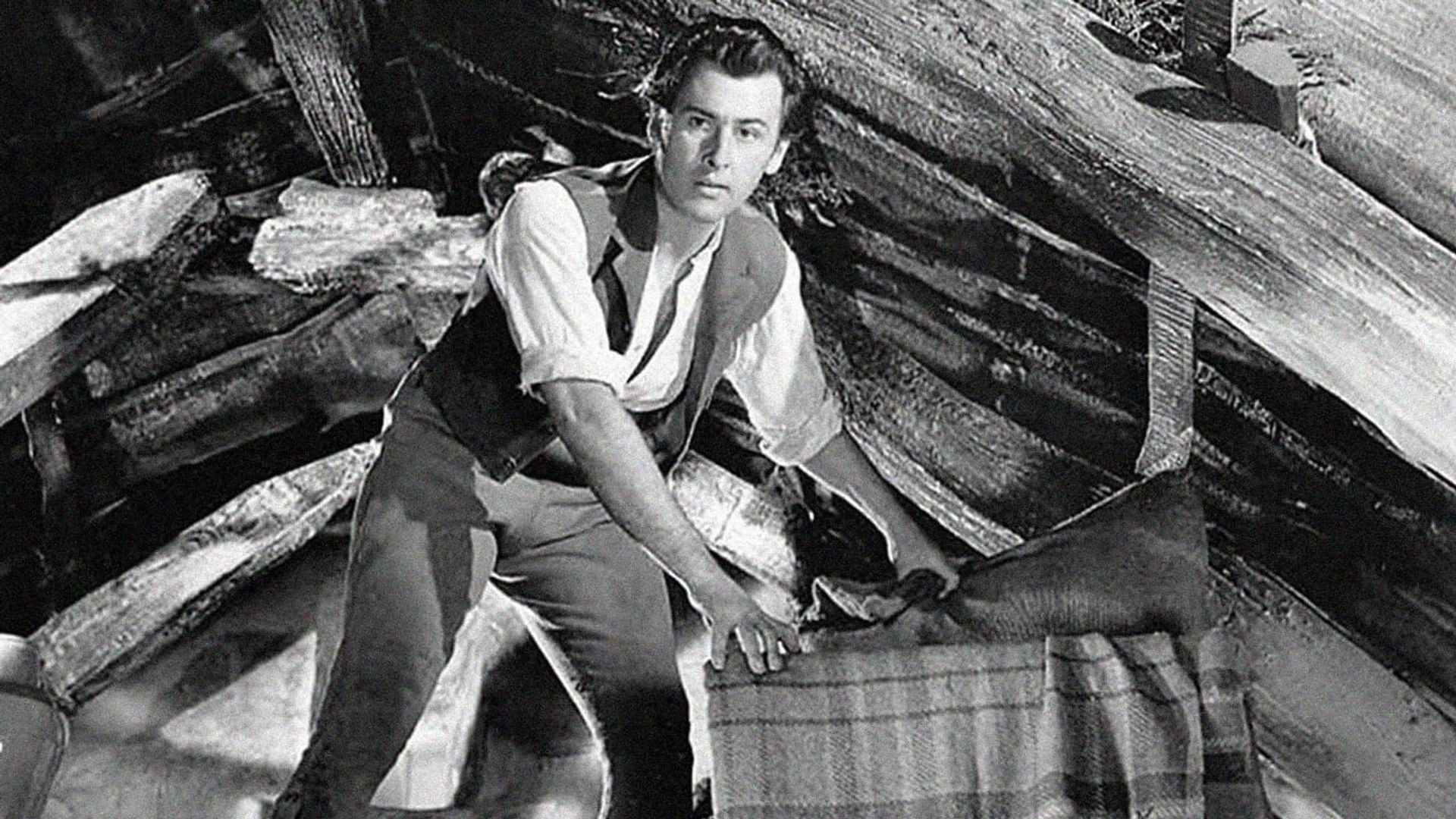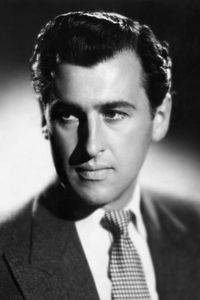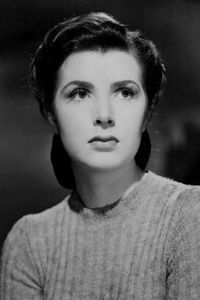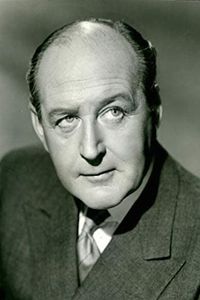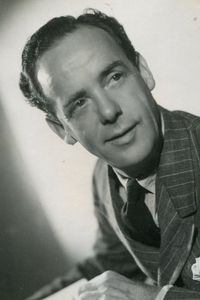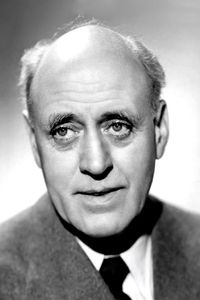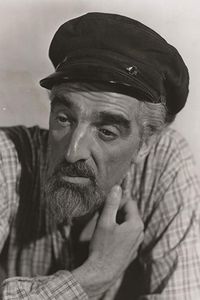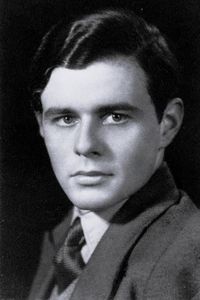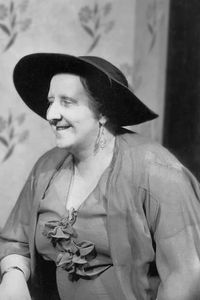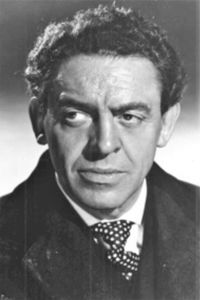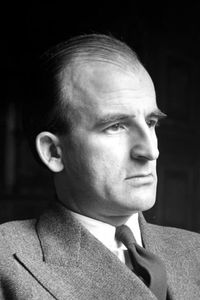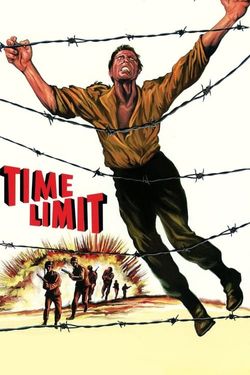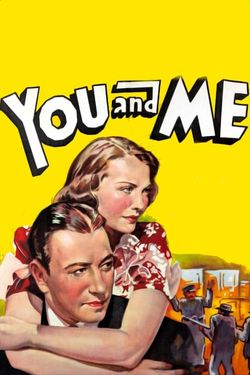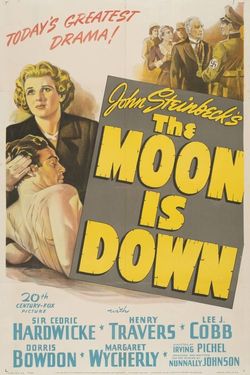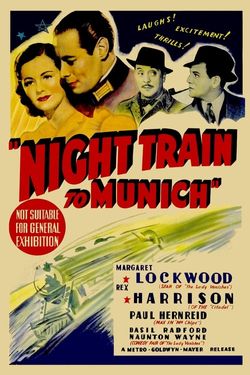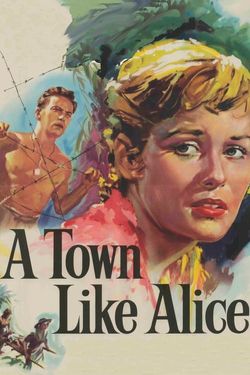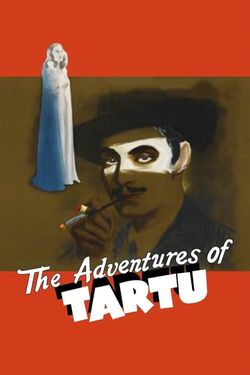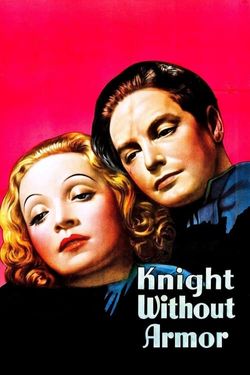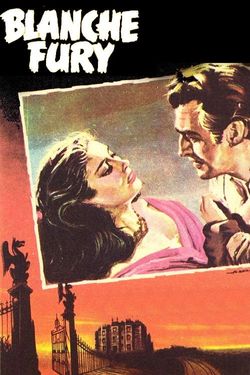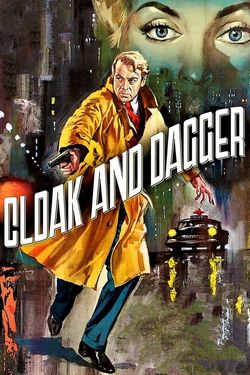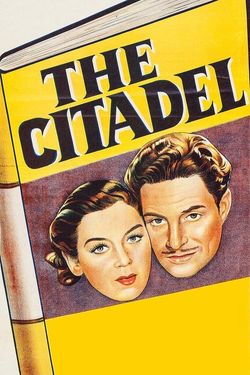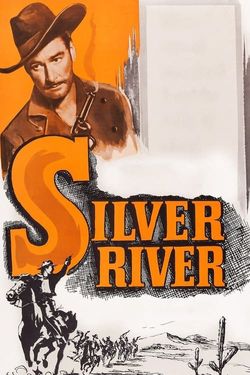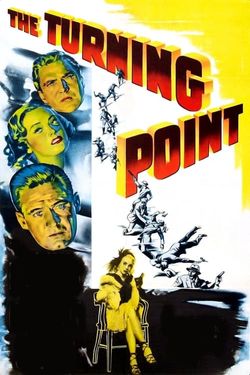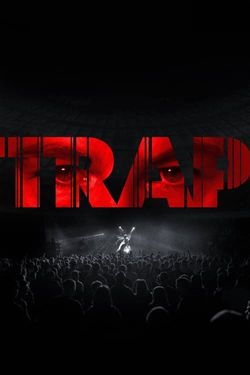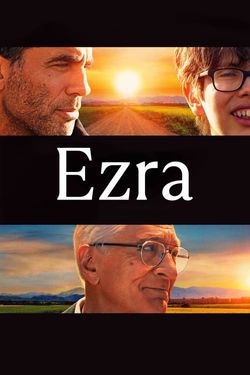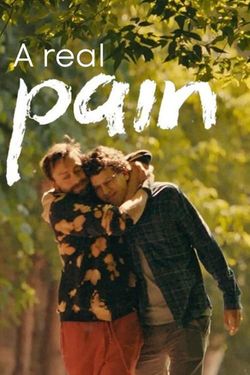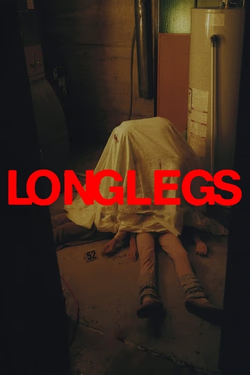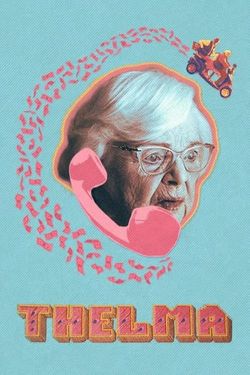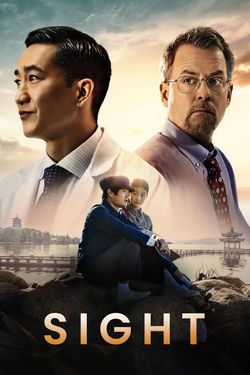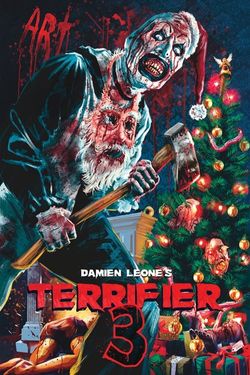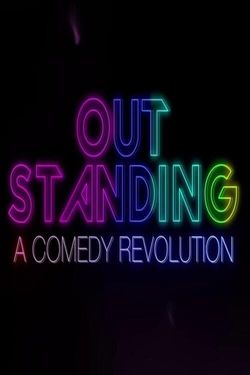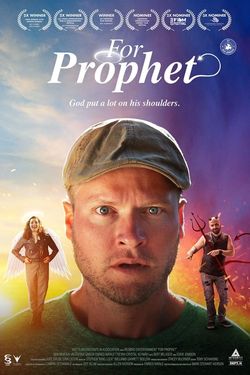Fact-based historical drama about the Irish farmer rebellion against the landed and privileged class. In 1880, prominent Irish politician Charles Stewart Parnell, President of the Irish Land League which represented tenants' rights, held a public speech against the landlords. In his fiery speech, Parnell urged shunning the landlords rather than killing them. One of the worst landlords, Captain Charles Boycott, lived in County Mayo and charged extortionate rents from his tenants and sharecroppers. In case of late payment, Captain Boycott forcibly evicted his tenants using the constabulary force or the army. Farmer Hugh Davin advocated the use of force rather than the passive resistance advocated by Irish politician Parnell. However, Parnell pertinently commented that use of force against the landlords will invite reprisals from the part of the army and the police. In the end, the farmers and those already evicted from their homes decide to give Parnell's idea a try. As part of their shunning against Captain Boycott, it is agreed that no-one should talk to the landlord, no-one should work for him, no one should harvest his crops, sell him goods or provide any kind of service to him. Even Father McKeogh, the village priest, supports the idea of a peaceful protest against the landlord. A desperate Boycott hires out-of-county farmer to pick his crops and requests army protection for himself and his laborers. He also alerts The Times to his plight and the publication immediately coins the word 'boycott' that same year.
Captain Boycott
In 1880 Ireland, poor farmers rebel against the abuses of their British landlords.
